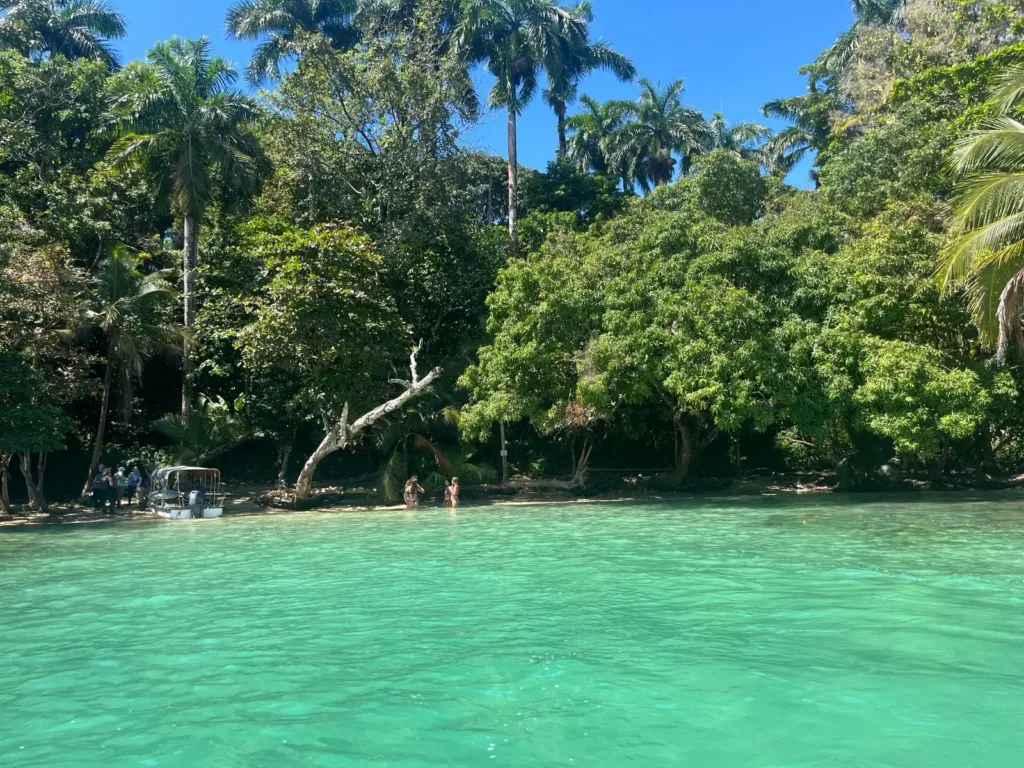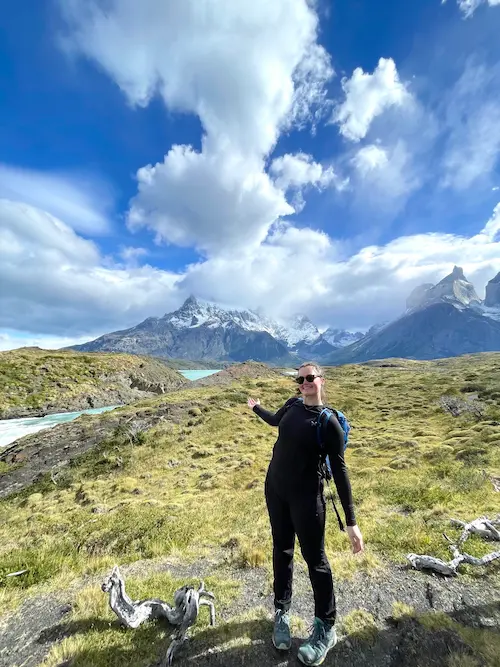Bhutan DR Has Begun!
It’s that time of the semester! Our classwork is winding down, exams are imminent, and students are becoming reflective of their experiences and time here. Concurrently, one of the flagship activities of all SFS programs is ramping up: Directed Research (DR).
This semester, SFS Bhutan has a wide range of new and exciting DR projects. We’ve divided the students up into groups of four, with each group examining a different aspect of Bhutan’s environment. They are:
Tourist infrastructure, environmental perceptions and behaviors
Through interviewing tourists, tour guides, and other locals involved in the tourism industry, this project seeks to better understand the relationship between tourism and Bhutan’s environment. Is the quality of the environment in Bhutan a motivating factor for tourists visiting the country? What are tourist perceptions of the environment now that they are in the country and how does that impact their behavior? What knowledge have they gleaned about Bhutan’s environmental policies?
Habitat use by wildlife at the UWICE Preserve & Bumthang
Government policies to protect forests have resulted in massive forest regrowth here in Bumthang over the past fifty years, but the effects on wildlife populations are little studied. We are surveying bird and mammal populations, as well as vegetation characteristics, in blue pine stands of various ages (the dominant tree species in Bumthang) to determine how forest regrowth has shaped and changed local wildlife communities. In addition to investigating broad-scale patterns across Bumthang, we are also examining how plants and animals respond to fine-scale changes in topography. We think that the ravines, which have more water, also have greater plant and animal diversity and abundance. Documenting the differences in fine-scale habitat use will inform wildlife-friendly forestry practices, because ravines make up only a small fraction of the landscape and may be disproportionately important for wildlife populations.

Firewood consumption in Choekhor and Ura Valleys
Building upon previous research, the students will be exploring the sustainability of firewood as a source of heating and cooking. After estimating quantities of daily consumption, they will compare to previous years to look for trends in use. As these villages have been recently connected to the electrical grid, has this impacted wood consumption? They will also explore the human health issues arising from smoke of wood burning, and how much of it goes as CO2 into the atmosphere.
Examining Human-Wildlife Conflict in Bumthang
Human-wildlife conflict is a serious conservation and rural livelihood issue facing Bhutan. The students will explore and describe various dimensions of the conflicts, including perceptions of tolerance for problematic wildlife, hidden costs for the local community, and the social and environmental sustainability of mitigation measures. Students here will be conducting interviews, as well as conducting biodiversity transects to better understand both the social and environmental dimensions associated with human-wildlife conflict.

Human Migration patterns in the Choekhar Valley
Bhutan is currently experiencing the fastest urbanization rate in Asia. Rural-urban and rural-rural migrations are having major impacts on land-use, agriculture, social interactions, and consumption patterns. The government of Bhutan is working hard to mitigate some of the problems associated with urban migration, and this DR seeks to better understand the social and environmental impacts of these migration patterns. Interviews will be held both in Chamkar town as well as rural villages and farmsteads.

We’ve had a couple of days getting DR started, but I know I for one am looking forward to the presentations!

Related Posts


